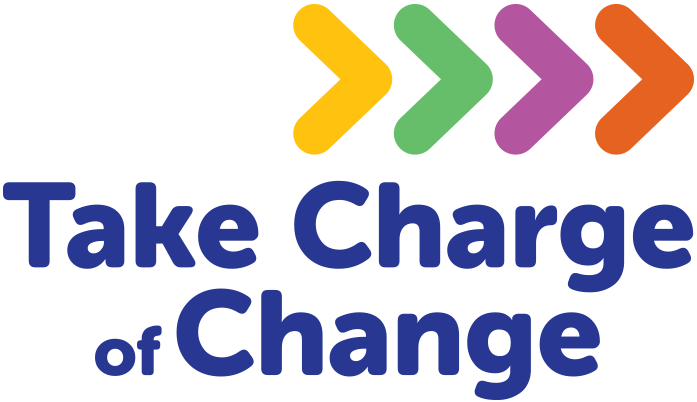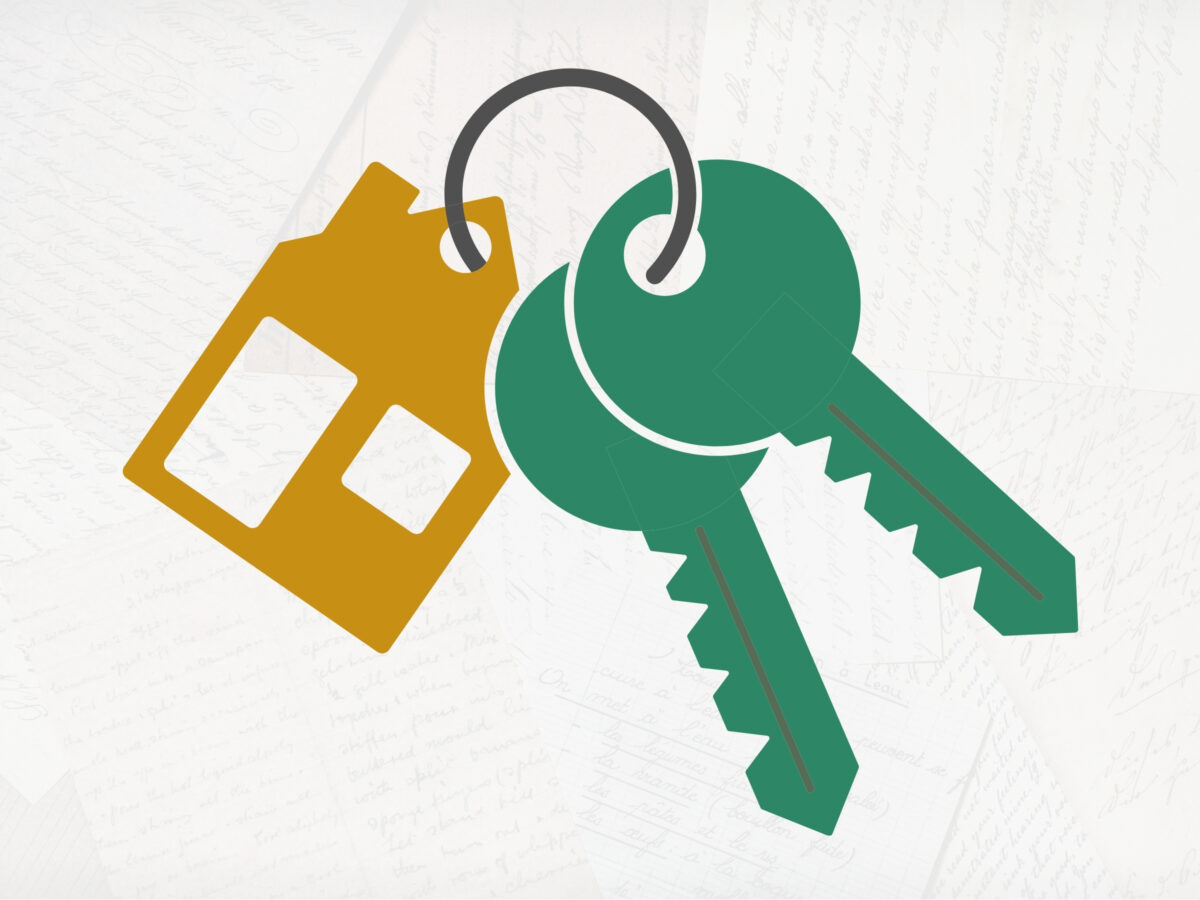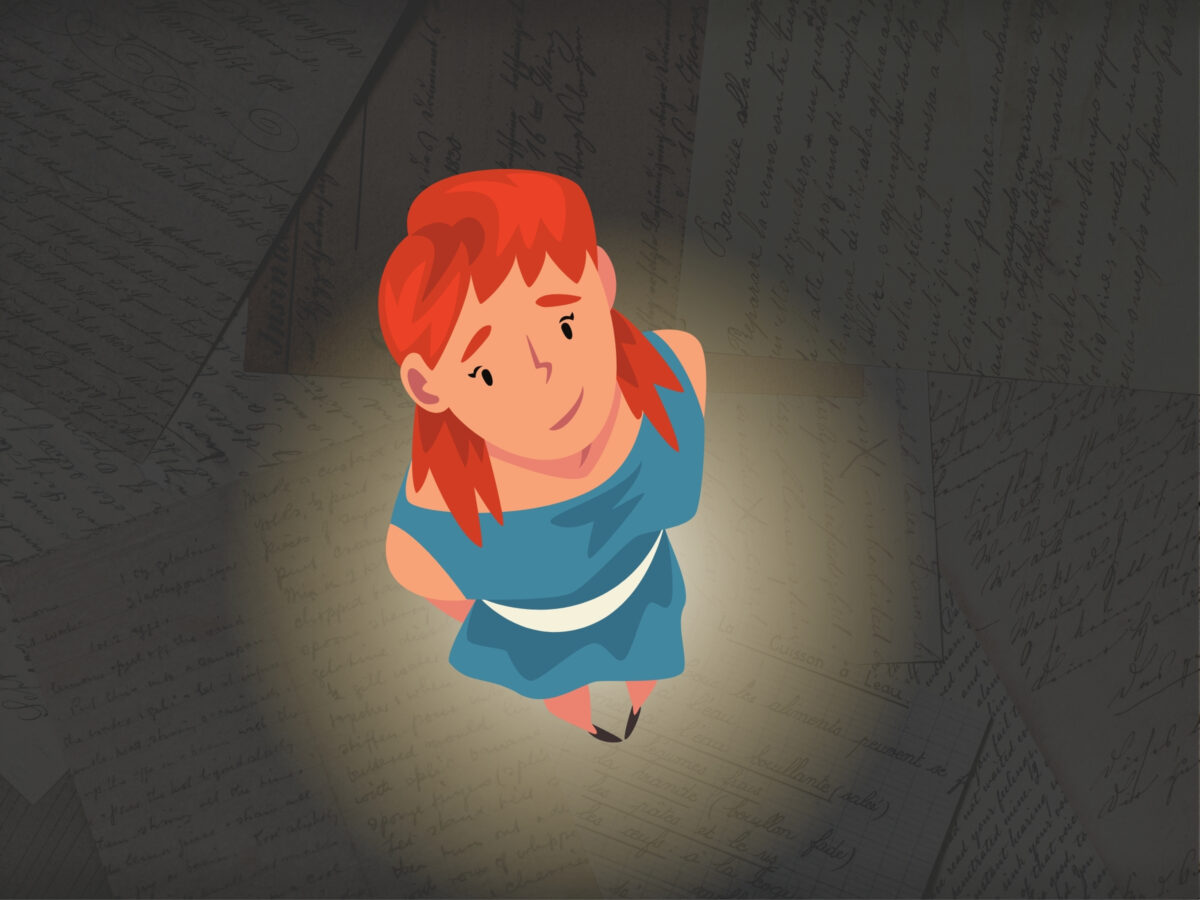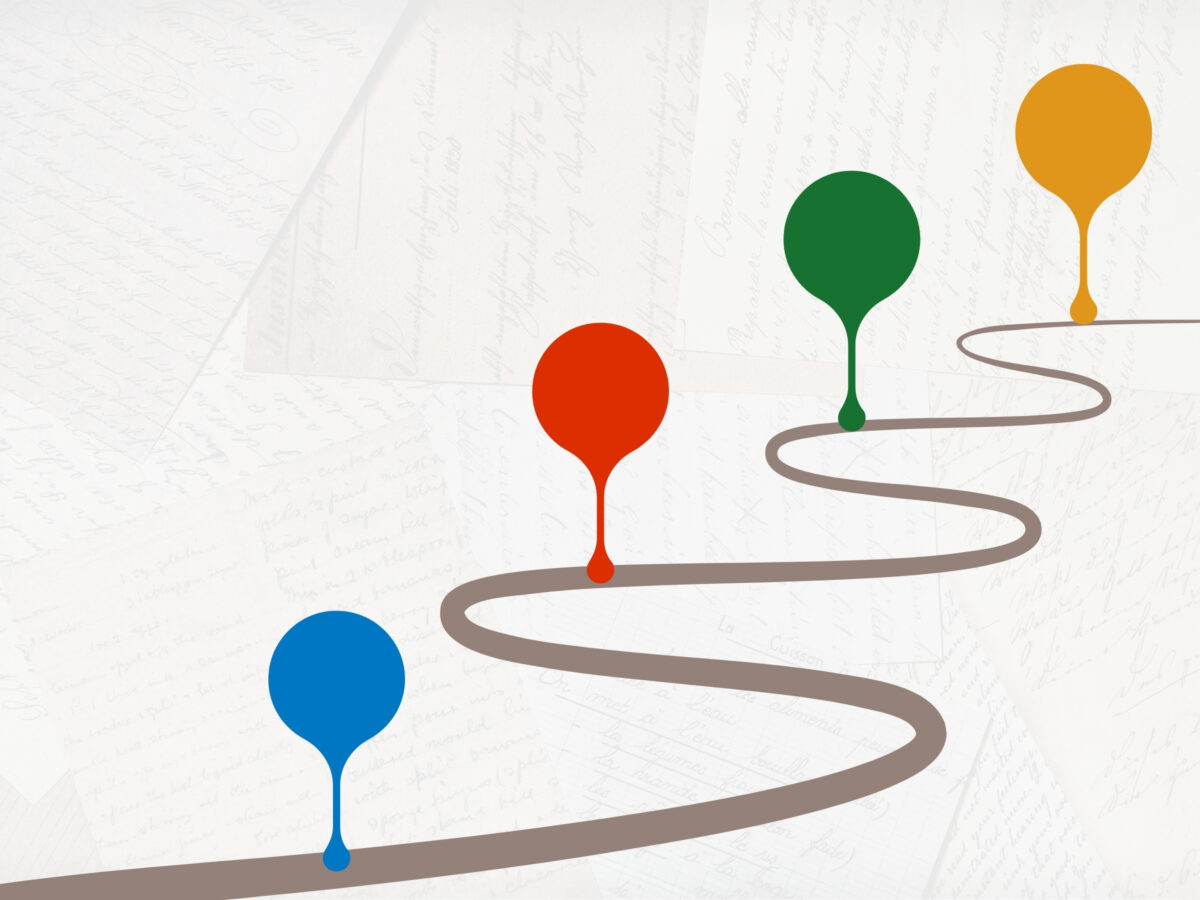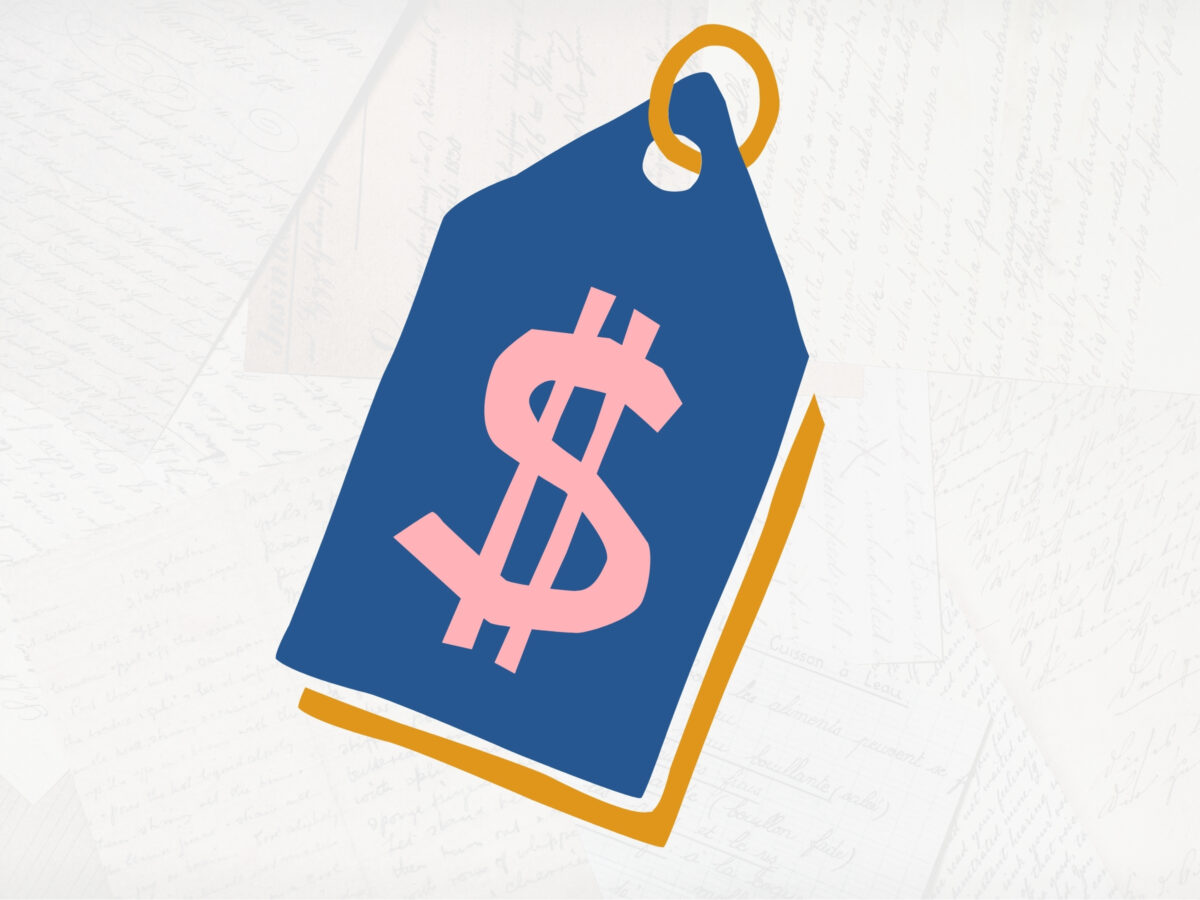Survival: A Kind of Artistry
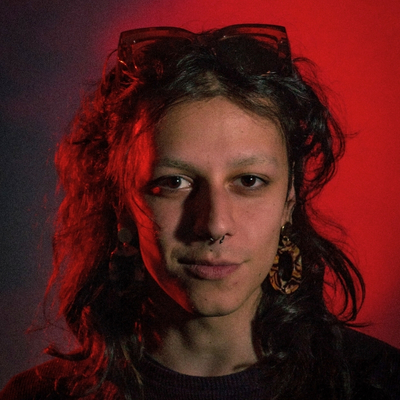
Written by: Ayden Boztepe
First Published: 13 October, 2025
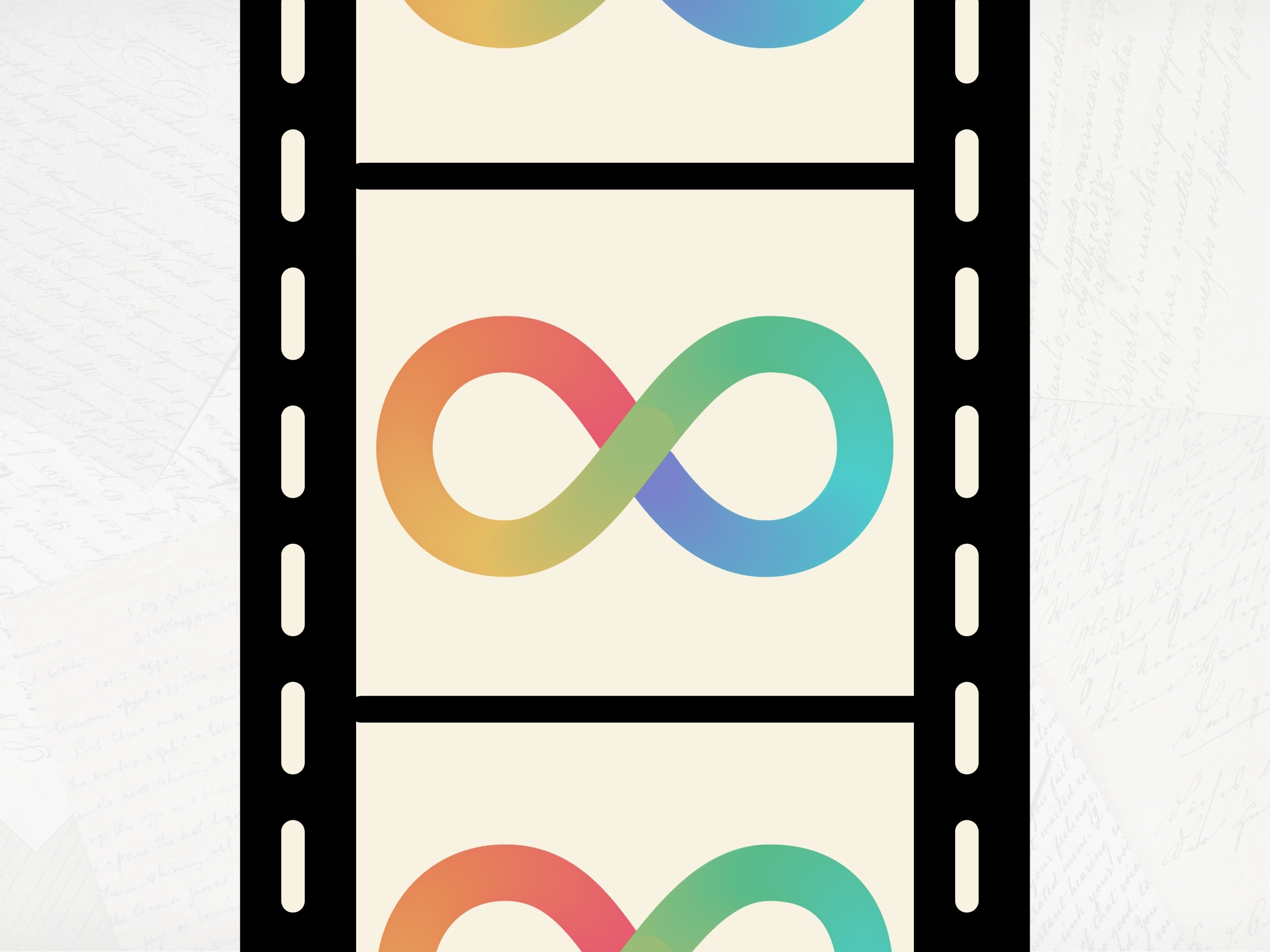
Content note: Financial hardship, mention of death, ableism, system discrimination and exclusion.
My father never had the chance to know his own parents in adulthood. By the time that he was a teenager, both were dead. By the time he was my age, he was starting over in a country that wasn’t his.
My mother’s story isn’t much softer. At age 12, she found herself on unfamiliar land, caring for her kid brother while her newly single mother worked factory shifts to keep food on the table. My grandmother still tells me stories from that time – my mother, still a child herself, translating in broken English at supermarkets or doctors’ offices. Once, with money tight, all my grandmother could afford was a tub of KFC gravy. She had mistaken it for soup and made my mum and uncle eat it all, convinced she was feeding them something nourishing. I can picture my mother then: a small, weary figure, lips puckered in disgust as this well-meaning Turkish madwoman scolded her into swallowing down spoonfuls of salty brown sludge, all in the name of health.
This is all to say that my parents gift to me wasn’t a nest egg of money. It wasn’t a car or a house. It was the opportunity to grow up in a country that they viewed as a land of opportunity. I internalised early on that I couldn’t take the same risks as my white, neurotypical counterparts. Every choice felt loaded with responsibility – don’t waste the ticket you’ve been given. Don’t gamble with what your parents sacrificed for. And yet, leaving high school, I made the last-minute decision to study film instead of law.
Pursuing film definitely felt like a risk – but one I was willing to make work. I chased this creative itch. I convinced myself that film would be a perfect mid-way between artistic expression and a pragmatic trade, with tangible skill building. Halfway between artistry and product making.
And why shouldn’t I succeed in it? This was supposed to be a meritocracy. A country where hard work was met with hefty reward. At least, that’s what my parents believed.
What I found, though, was an industry that revolved almost entirely around capital that was inaccessible to autistic people on almost every level.
From its earliest days, film has been tied to the circulation of money, new expensive technologies, power, and ownership. To make films you need capital, and the films that get made are almost always the ones that promise to generate more of it. Even the so-called “independent” spaces aren’t free from this logic; they just often operate on smaller margins. Artistry is tolerated, even celebrated, but only insofar as it can be packaged, funded, distributed, and sold. At its core, the industry isn’t built to nurture expression – it’s built to create capital.
Sets are loud, overstimulating, and built around speed. You’re expected to think, move, and respond on other people’s terms, with little patience if you don’t. The entire industry runs on hustle culture – long hours, constant availability, and the pressure to treat exhaustion like a badge of honour. My film school friends would joke – mouths contorted into strained smiles – that you could never have all three: good sleep, a social life, and a place in the industry. There’s no room for slowness, for softness, for difference. The rules of networking – the small talk, the bar hangs, the unspoken hierarchies – always felt like a language I didn’t quite speak. Being queer and femme only layered the feeling of difference further.
People often talk about the glamour of creative industries, but not about the invisible costs of getting there. You have to pay to practice – buy your own gear, work unpaid internships, stretch yourself thin on projects “for the exposure.” To enter your films into festivals you have to pay a fee per submission. To be a production designer or a gaffer you need to own a car; and before you can own a car you need the privilege of having a competent and involved adult teach you how to drive. You need the right connections to thrive, but building those connections requires time, money, and a social ease that’s not accessible to everyone.
When I left film school, I had a frank and almost crushing conversation with my course convener. He told me bluntly that film is inequitable. That if I didn’t accept that fact, if I couldn’t fit into the allistic way of doing things, maybe this industry wasn’t for me.
But the thing about being autistic, queer, or from a migrant background is that you develop your own ways of surviving in spaces that weren’t built for you. Since graduating, I’ve slowly but surely started to carve out smaller spaces where I can breathe and work in a way that’s attuned to my mind. Independent non-narrative projects, collaborations with other queer and neurodivergent filmmakers, theatre visuals that allow me to experiment.
Through that, I found my people – fellow outsiders, misfits, and artists who didn’t expect me to mask my way through every interaction. They saw the value in my creativity, not just my ability to keep pace with hustle culture and allistic industry norms. With them, I’ve begun building my piece of the pie – not by squeezing into the system as it is, but by joining others who are daring to reimagine it.
These reimagined spaces don’t appear in a vacuum. They’re nurtured by disability-led collectives, by mentors giving back to a new generation of filmmakers, and by grant bodies that are slowly shifting the culture. Unions and advocacy organisations are also pushing for fairer labour practices, disability awareness training, and funding structures that recognise diverse ways of working. Real change in this industry won’t come from individual grit alone; it depends on those with privilege and power backing these movements, amplifying disabled and marginalised voices, and helping to build a landscape where difference isn’t just tolerated, but valued.
And still, inequity doesn’t vanish overnight. The costs remain steep, the rules still tilt toward the privileged. But I’ve stopped waiting for permission to belong, or to be invited into a space that was never designed for me.
Adulthood is messy, inequitable, and often overwhelming. But it’s also liberating. Through the sheer act of survival you slowly and stubbornly realise that you do have a place. One which you can create for yourself. Your own autonomous little world. Your own way of working and living ‘well’ … Whatever that means to you.
And maybe that’s enough.
In the end, the space I’m carving out for myself feels like an extension of my parents’ story. They taught me that survival is a kind of artistry in itself, that you can build a life out of scraps and persistence. Where they endured factory floors and foreign tongues, I endure film sets and backward industry expectations. Different battlegrounds – mine perhaps more nominal – but the same lesson: you find a way, and in finding it, you make room for others too.

About the Author
Ayden Boztepe (they/them) is an emerging queer, autistic writer and filmmaker based on unceded Wurundjeri Country. They are particularly passionate about storytelling and crafting immersive visual experiences, and have worked on a diverse range of projects including music videos, live installations, unscripted documentaries and more. Drawn naturally to the horror genre, Ayden’s editing work on the horror short ‘Hard to Swallow’ contributed to its success at the Cineverse and WIFA Film Festivals (2024), while their writing, directing, and editing on the horror short ‘Two Thin Lines’ helped secure its win at RMIT’s Séance International Film Festival (2022).

